Encouraging the growth of the digital economy, the Global System for Mobile Communications Association has called on the Federal Government to lower telecom taxes to attract investments and stimulate the sector.
Highlighting the challenges faced by the telecom industry in Nigeria, the Head of Sub-Saharan Africa at GSMA, Angela Wamola, emphasized the need to simplify the tax system to enable operators to invest in infrastructure and enhance services, consequently contributing to the country’s economic progress.
Wamola pointed out that high operational costs, particularly due to escalating energy prices, coupled with difficulties in accessing foreign currency for importing necessary equipment, are straining telecom operators in the country.
Noting the country-specific obstacles posed by Nigeria’s tax regime, the GSMA official stressed the importance of addressing these issues to unlock the sector’s potential and promote growth.
Despite the telecom sector’s significant contribution to Nigeria’s GDP, recent years have seen a decline in growth and performance, attributed to financial losses and regulatory challenges.
Telecom companies in Nigeria paid approximately N2.4tn in taxes in 2023, showcasing their substantial economic impact, as the sector accounted for 13.5 per cent of the country’s GDP.
Wamola raised concerns about the high right-of-way (RoW) charges, varying widely across states, and the failure of many states to adhere to the agreed-upon rate, leading to increased costs for infrastructure deployment.
By streamlining taxes, standardizing RoW charges, and reducing multiple levies, Wamola suggested that the government could spur investment, foster digital inclusion, and drive economic growth in Nigeria.
Reforming telecom taxes, according to Wamola, would not only benefit the sector but also enhance connectivity and accessibility to digital services for millions of Nigerians, ultimately propelling the country’s digital economy forward.

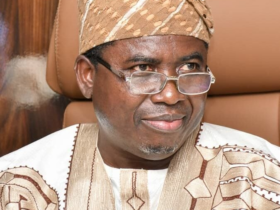

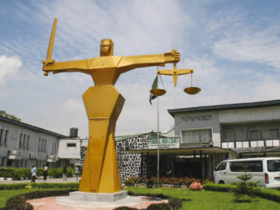

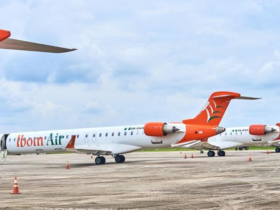
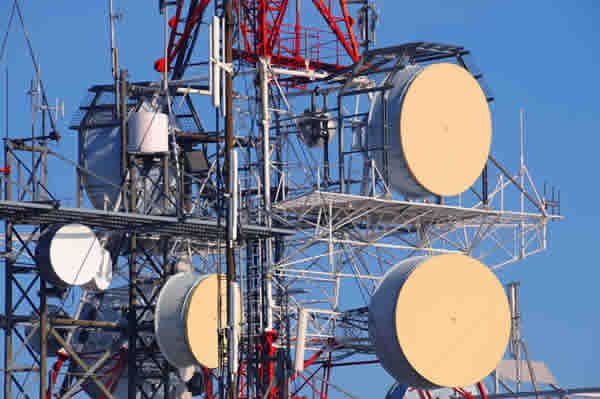

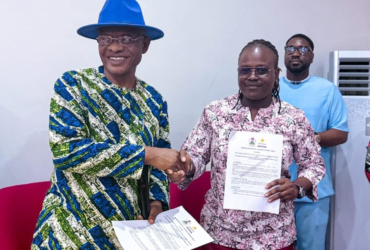
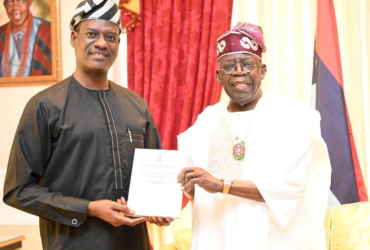

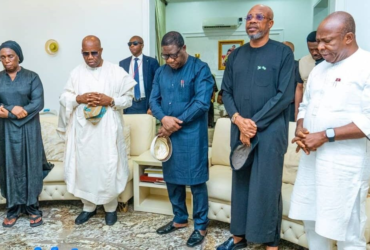
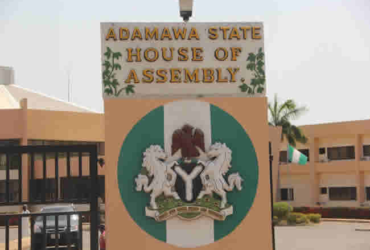
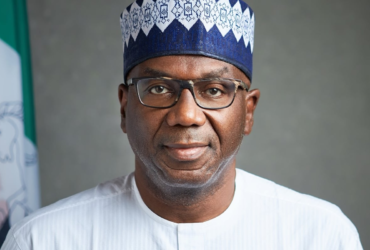
Leave a Reply